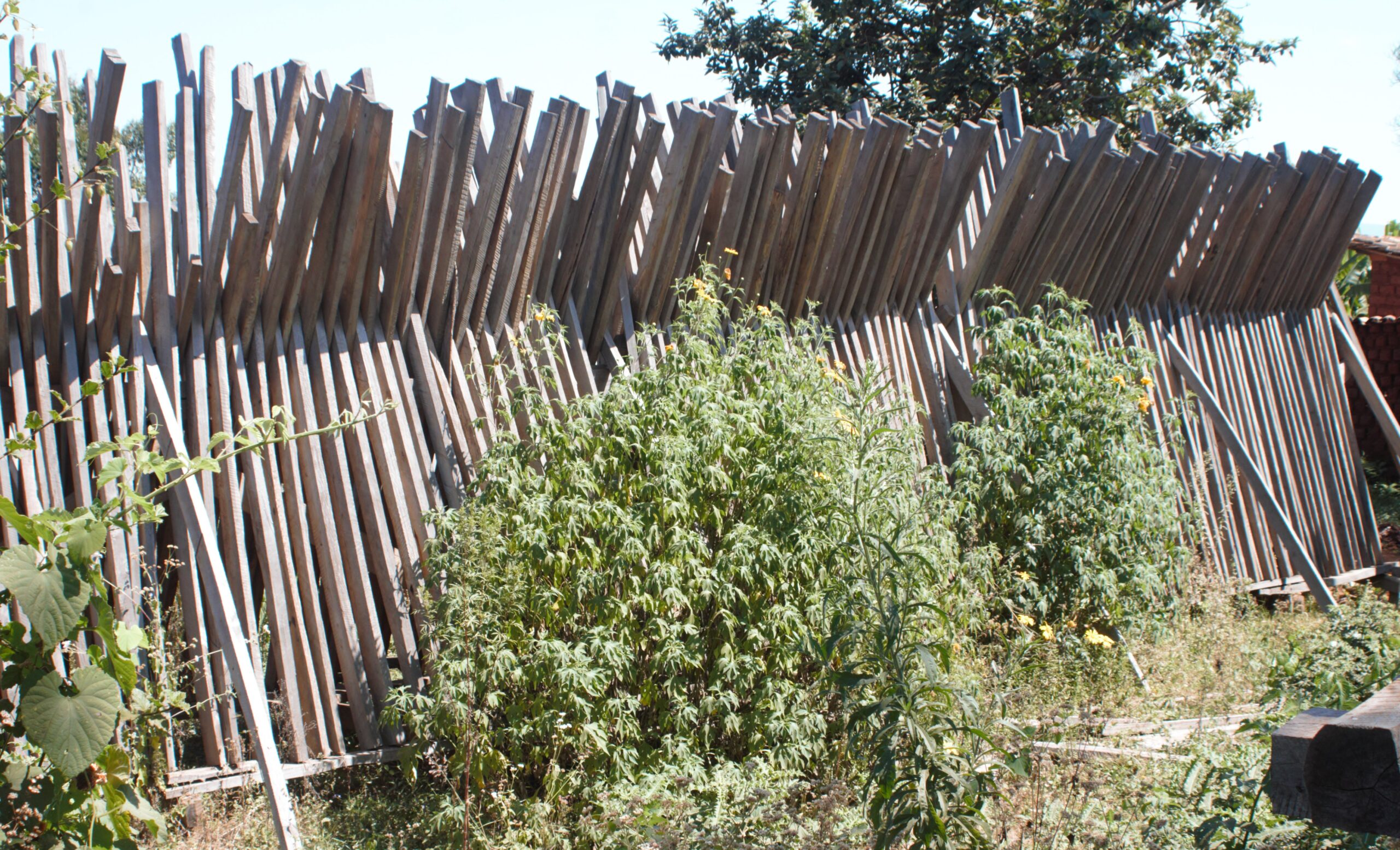Wood is still the most widely used material for building houses in Burundi, from the foundations to the framework. The reason for this is that Burundians do not have the means to buy substitutes for wooden materials. According to Albert Manirakiza, an engineer in the town of Kayanza, a house measuring 9 by 8 metres requires a minimum of 35 planks for the ceiling and framework.
Depending on the size of the tree, 35 planks come from around 9 trees, according to the people who work in the sawmill. To obtain these planks, some people find them on their plantations, while others cut down indigenous trees in forests and nature reserves.
From Kayanza to Rutana and Cankuzo, boards can be seen everywhere in Burundi’s towns, in drying rooms, sawmills and on timber and timber by-products markets. The planks and wood visible in these places are intended to be sold either for construction or to make furniture, beautiful beds and other good arts derived from wood.
According to data provided by the Burundian Office of Urban Planning, Housing and Construction (OBUHA) in Kayanza, the framework and ceilings of most houses are made of wood. Engineer Louis Ninteretse says that around 150 houses are built each year in the urban center. This means that at least 1,350 trees are felled every year. There are also houses built in rural areas that are not counted. For Ir Louis Ninteretse, the number of trees felled each year for such reasons is alarming.
He points out that trees are essential for human and animal life. He added: « If people continue to cut down trees in an uncontrolled manner, the environmental consequences will be numerous and devastating for present and future generations. The result is soil destruction, disappearance of natural habitats, ongoing pollution and loss of biodiversity. The damage caused by climate change is having an impact on social and economic life, families, societies and the country as a whole.
The wood plank trade: a reality
Workshops that make furniture, wardrobes, chairs and much more use wood as their raw material. At the Center Artisanal of Kayanza (C.A.K for short), carpenter Marc Ngendahayo told us that the carpentry industry is in great demand for wooden planks. Mr Ngendahayo deplores the failure to comply with the environmental code, which stipulates that when a tree is cut down, two should be planted. This manufacturer of various wooden objects says that the indigenous trees from which beautiful objects were made have disappeared. These include cedar, Imiyove and Imyuzuzu trees.

For this carpenter, these indigenous trees remain in Burundi’s protected areas. All the private afforestation has been felled and is not being replaced by others.
« We’re facing a shortage of planks and they’re very expensive. Trees are scarce. If we do find them, they come at a high price, and we’re even running out of eucalyptus boards. There’s no future for our trade if nothing is done about afforestation, » he explains.
At the Kayanza central market, a 2m-long eucalyptus board that cost BIF 2,000 a year ago now costs between BIF 4,000 and BIF 5,000. A 2m-long plank of cedar, if it can be found, can be bought for BIF7,000.
That said, a dining room ordered in 2020 for BIF 160,000 is currently sold for BIF 300,000, while chairs for sitting, commonly known as « lounge chairs », cost a minimum of BIF 400,000.
Carpentry is a trade that used to provide a living for many people in Burundi. Nevertheless, the lack of certain indigenous trees tends to complicate carpentry considerably in Kayanza province as elsewhere.
What is the role of forests?
Forests are essential ecosystems for combating climate change, supporting livelihoods and protecting biodiversity. Yet the countries of sub-Saharan Africa continue to record alarming forest loss as a result of entropic human activities. According to data provided by Global Forest Watch, from 2002 to 2022, Burundi lost 360ha of primary rainforest, which represents 1.1% of its total tree cover lost over the same period. The total area of primary rainforest in Burundi decreased by 1.4% during this period. The provinces of Kayanza and Cankuzo, where Burundi’s main forests are located, show the greatest forest loss compared with other provinces.
From 2002 to 2022, Kayanza has lost 49ha of primary rainforest, which represents 2.6% of its total tree cover loss over the same period. The total area of primary rainforest in Kayanza has decreased by 2.1% over this period. Cankuzo province lost 1.70kha of tree cover, equivalent to a 3.5% decrease in tree cover since 2000, and 651kt of CO₂e emissions.
Solutions to stop the irrational felling of trees are possible
As the world faces a « final warning » on the climate crisis, reducing deforestation is one of the most cost-effective measures on earth to mitigate climate change.
No one can deny that the irrational felling of trees has harmful consequences for the environment. The person in charge of the provincial environment office in Kayanza focuses on global warming. What’s more, cutting down trees can reduce the amount of oxygen a person needs. The CO2 exhaled is still emitted on a global scale. Forests are both a source and a sink of carbon, removing carbon dioxide from the air when they grow or regrow and emitting it when they are cleared or degraded.
According to Adelin Niyonsaba, felling trees can cause desertification in a given region, drying up of water sources and lack of rainfall, to name but a few. A number of measures have been taken to tackle these challenges, including the creation of sufficient forest guards to ban people from entering the protected Kibira forest.
The head of OBUHA was of the same opinion, adding that it would be compulsory to ban indigenous populations in particular and those living near the Kibira in general from entering the forest in search of firewood. Not forgetting advocacy and awareness-raising among the people of Kayanza and those of other provinces about tree planting, with the support of certain organisations that help to multiply tree seedlings. Encourage people to plant agro-forestry trees and other endangered trees by giving them tree seedlings free of charge.
Ferdinand Mbonihankuye


